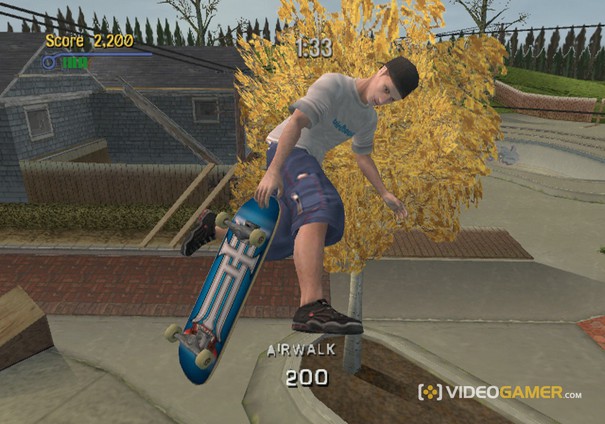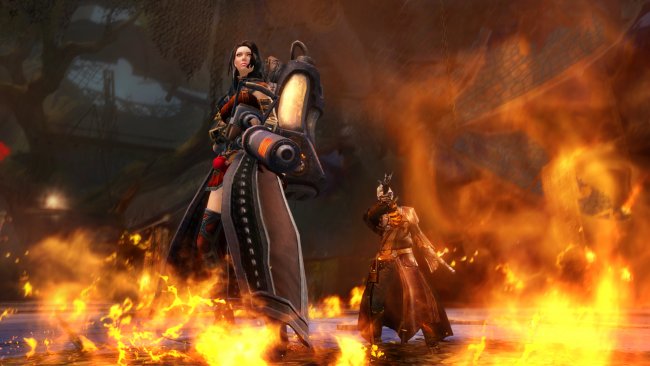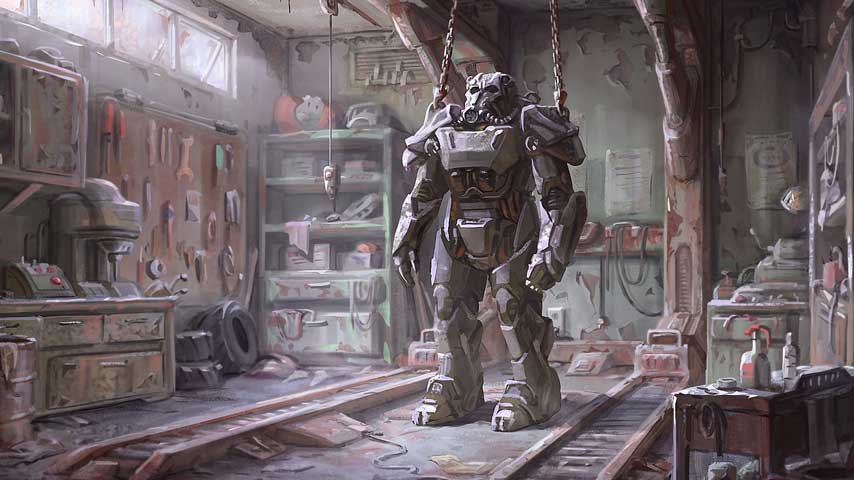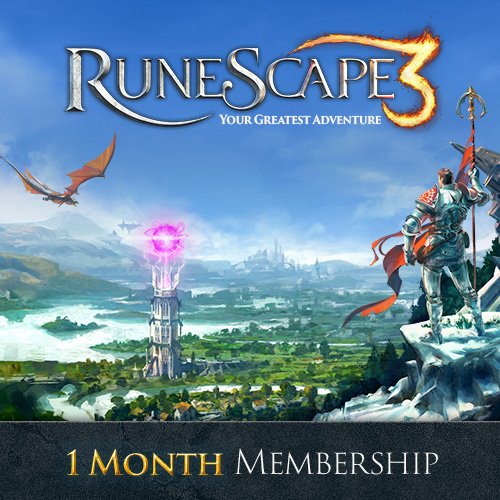

The appeal of an exciting second life, made all the more realistic by increasingly powerful personal computers is unquestionable. The world of the massively multiplayer online role playing game, or MMORPG for short, offers players a tempting escape from reality. Online, normal people of all ages can become heroes, villians, leaders of extensive online groups known as “guilds” and even enjoy some degree of fame in their limited, simulated worlds.
An increasing number of online games have been appearing on shelves of late. Lord of the Rings online, City of Heroes, Pirates of the Burning Sea and Conan online have all appeared relatively recently and all have respectable fan bases. However, it would seem that there is currently one game to rule them all, World of Warcraft. With over 10 million subscribers, each paying around 9 GBP a month, World of Warcraft (WoW for short) is the undisputed king of online gaming at the moment.
The game is produced by Blizzard entertainment, the people responsible for the popular titles Starcraft and Diablo. WoW, by far and away Blizzard’s most popular offering to date, takes place in the fictional world of Azeroth. Players choose to play for either the Horde (baddies) or the Alliance (goodies) and can create a character from a selection of races, including classic fantasy staples; elves, dwarves and orcs.
The game’s realism is added to by the existence of its own economy, rare items are bought and sold for varying amounts of online currency (gold pieces) which can take weeks or even months to accumulate. This has resulted in the online gold being sold on both eBay and specialist sites for varying amounts of real world cash depending on demand. This in turn has led to characters investing not only serious man-hours but also several hundred pounds in order to become as powerful as possible.
This practice is often frowned upon by the games hardcore players who resent people being able to purchase powerful or rare items without the necessary amount of playtime. For children who are only allowed limited computer time, the prospect of these virtual get rich quick schemes is highly appealing.
WoW’s producers are not fond of online currency vendors and any player caught using one can face a range of punishments, from a few days ban to your character being deleted. Considering it is not uncommon for high level characters to have clocked up hundreds of hours online, the threat of losing characters is a dire one.
Given the recent media coverage of online bullying it is surprising to learn that such bullying does not seem to feature heavily in WoW. There is a genuine sense of camaraderie in the game, more experienced players are often helpful and will generally reply to sensibly posed questions. Of course there are exceptions and some people can be less than polite, but the game features a language filter and abusive behaviour can be easily reported to the games producers. In-game parental control settings offer parents the welcome opportunity to restrict and monitor their child’s time.
The game’s high level of player anonymity offers some protection to the virtual world’s inhabitants. Players refer to each other mainly by character name and seldom do they so much as mention their real names to each other. Of course online friendships do occur and eventually players may get to know one another personally, but I am yet to hear of anything sinister coming of this.
In fact some friends of mine, all of whom were at university at the time, met up with their online “guild”. They enjoyed a holiday together despite the fact they had only met in-game and only knew each other by their character names. The WoW environment is surprisingly safe for children, although the game is best suited to those in their teens and above.
It is important to remember the different time-tables of child players and their adult counterparts maintains a certain degree of segregation. Between 4:00pm and 9:00pm the younger players dominate the servers, they largely keep to themselves as they play at a slower pace than the more hardcore adult gamers. The kind of adult guilds that holiday together as I previously mentioned, mainly enforce a strict over 18’s policy so once again, the younger players do not become involved in unsuitable conversations or social activities.
Online gaming is notoriously addictive. The desire to improve characters is driven by the competition between players. The character names of each servers most powerful and talented players are well known in the virtual community. The most powerful groups of players sometimes achieve a sort of simulated celebrity status. Their exploits become the gossip of the server, with chatter relating to which bosses groups have “downed” dominating the games message boards and discussion forums. The elite of each server are in very high demand to play with, large groups of players are required to take down the games most fearsome monsters and so the best players on each server are often invited to join the battle against these dragons and other assorted nasties.
There is of course, a dark side to gaming addiction, there have been reports of people dying from playing non-stop for over 24 hours. These players have all been of university age or above, younger players generally benefit from parental supervision to keep their playtime within acceptable boundaries.
All in all WoW is a harmless and fun distraction for older kids and teens provided it is enjoyed in moderation. It is easy to forget the sheer amount of other players online creates a strong sense of community in the game. This sense of community can become a haven for children and adults alike. Often the kind of people who enjoy MMORPG’s are considered geeky or uncool and so for these people having over 10 million like minded individuals to connect with can be quite the lifeline. To others it is harmless fun a few hours a week.
Like all fun things, WoW can be abused but responsible parents with sensible children have nothing to worry about. After all in our current cultural climate of youth crime, gang culture and teen pregnancy a little bit of escapist fantasy can’t be a bad thing.
Samantha is an expert Research and Theatre consultant. Her current interests are UK shortbreaks including LEGOLAND Windsor and Drayton Manor..




 Raids in Guild Wars 2: Heart of Thorns
Raids in Guild Wars 2: Heart of Thorns The Fallout 4 guide to Perks, weapons, companions, crafting and more
The Fallout 4 guide to Perks, weapons, companions, crafting and more SkyBlock Minecraft Survival Island Map
SkyBlock Minecraft Survival Island Map How to Reduce the Cost of Training Herblore in RuneScape Using Creature Creation, Livid Farm and Managing Miscellania
How to Reduce the Cost of Training Herblore in RuneScape Using Creature Creation, Livid Farm and Managing Miscellania How To Break Through The Shield In Star Wars Battlefront
How To Break Through The Shield In Star Wars Battlefront